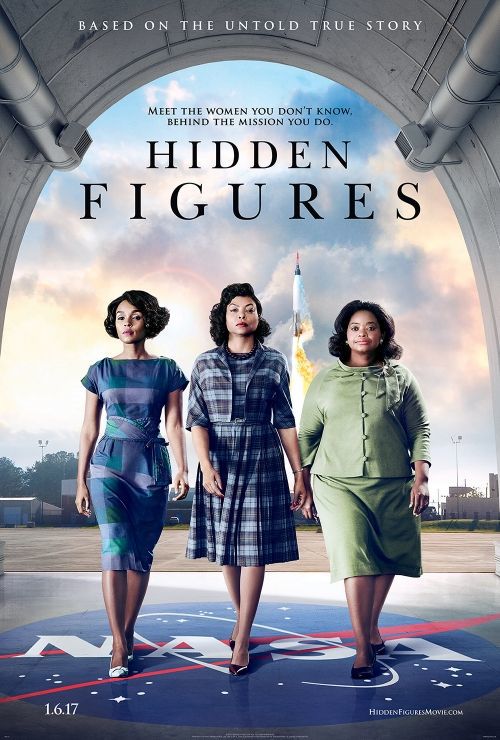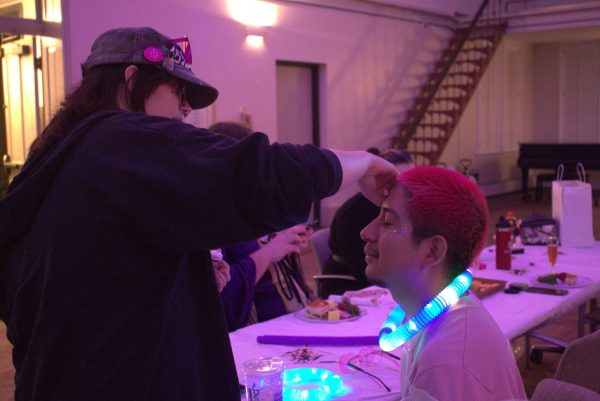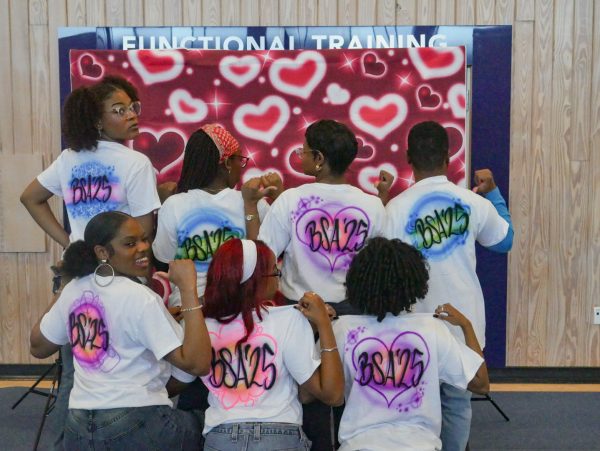Black History Month reveals community struggles, successes
Instagram and Facebook newsfeeds are filled with the hashtag #blackhistorymonth and we can find all kinds of empowering posts flooding our timelines. The celebration of Black History Month goes back to 1926, where it was first celebrated as a Negro History Week by Carter G. Woodson. Woodson believed that for a race to survive, the teaching of its history is crucial. Thus, from 1926 onwards, this tradition of honoring African-American contributions continue in the U.S. every year in February.
The representation of people of color in the media has been a highly contested debate, especially in the last decade. Although the diversity of black actors and actresses have increased in past few years, media hasn’t shown complete justice.
The author Tamara Winfrey argues that the problem lies in the fact that diversity in the black representation is yet nowhere near the diversity that our white counterparts have. She continues by saying that “We’re still not allowed to be fully human in the ways they are.”
In addition to this, roles assigned to people of color are usually damaging and unfair. In most films, blacks have been represented as violent or thugs who are looking for trouble. Here, Darnell Hunt, the director of the Ralph Bunche Center for African American studies, highlights this problem by saying that the accumulated effect of media makes you feel that what you’re seeing is somewhat normal. Therefore, just and diverse representation of blacks is crucial.
Celebrities like Whitney Houston, Taraji P. Henson, Bob Marley, Morgan Freeman, Will Smith, and Alice Walker have broken grounds with their incredible potential and have opened up massive platforms for people of color. They have been a source of inspiration for everyone across the globe. Furthermore, movies such as “Hidden Figures,” “Selma,” “The Help” and more create a lasting impact of empowerment for its audience. In addition, black rappers have raised the bar for hip-hop in the music industry, and singers like Andra Day touch many hearts with soul-touching songs.
It is clear that a change is gradually on its way, and Black History Month takes this opportunity to highlight the struggles and achievements of the black community.
Celebrities like Octavia Spencer, Viola Davis and Yara Shaidi show their support to Black History Month by making posts on Instagram, but other celebrities carry a little different opinion.
Oprah Winfrey quoted Maya Angelou’s phrase that “I come as one but I stand as ten thousand,” she continued by saying that “I do not reserve our history for one month but rather, I believe that African-American history is a part of every day, every year, every life, all the time.”
Morgan Freeman made some interesting claims in his interview with Mike Wallace by saying that he doesn’t want a Black History Month because African-American history, according to Freeman, is American history, and the only way to get rid of racism is to stop talking about it. Freeman believes that one should simply stop classifying each other as blacks or whites because the idea of color itself is a man-made construct.
Differences deserve to be celebrated. Differences don’t necessarily have to lead to conflicts, nor do they need to be glorified. Histories and cultures meet halfway and that is how the we co-exist.







